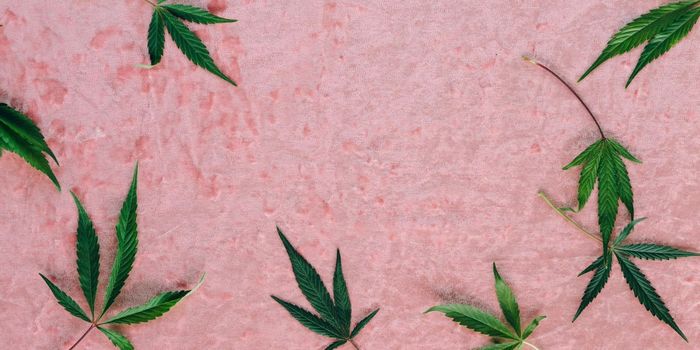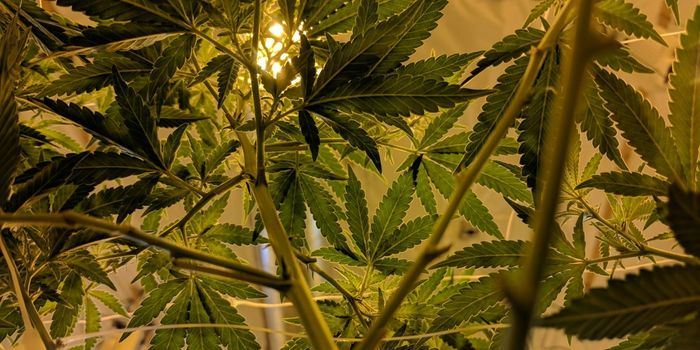Like many neurotransmitters in the brain (dopamine, serotonin, etc.) where they are released in the brain is of utmost importance in determining their effects. The dose is also paramount. The old pharmacological adage "the dose determines the poison" pretty much sums up the effects of any chemical, produced in the body (endo) or taken into the body (exo), on emotions, thoughts, and behavior.
Photo credit: Pixabay.com
Marijuana has been recently touted as the next cure-all. In fact, Business Insider published in the spring of 2018 that smoking pot treats chronic pain, muscle spasms, may improve lung capacity, treats glaucoma, control seizures, and even fights cancer metastasis. On the mental health front, THC also is said to cause euphoric states of mind, creativity, relaxation, relieve symptoms of PTSD and anxiety (in low doses), and even decrease nightmares.
However, the one thing that seems to end up last on these lists of effects is that it can cause paranoia, psychosis, and hallucinations in large doses or in people susceptible to those diseases. Why would the same chemical have different effects? It treats anxiety and low doses but promotes paranoia at high doses. As the introductory paragraph indicates, the dose determines the poison. Furthermore, to better understand its effects is to better understand the role of endocannabinoids in the brain.
The below illustration shows all the places where endocannabinoids do their day-to-day work. THC, being an exo-canabinoid, interferes with the whole cannabinoid system. So where does it work to promote anxiety or fear? Because with all the news about marijuana's medicinal effects, this does not seem to fit the current narrative.

Photo credit: drugabuse.gov
A particular brain circuit that has recently been found contains regions responsible for producing a normal fear response (like if a bear is chasing you). It turns out that endocannabinoids are a part of this circuitry. In a pre-clinical study performed by Dr. Giovanni Maricano published in Neuron demonstrates that cannabinoid receptors type 1 (CB1) are needed for this fear response. Could marijuana be somehow activating these same receptors to cause certain folks to experience aversive side effects or a "bad trip"?
In a study published in the journal Learning & Memory, Dr. Wotjak and colleagues find that THC at high doses induces fear-like behavior in mice. Furthermore, a study conducted in humans by Bagot and Chang and published in the Journal of the American Academy of Child & Adolescent Psychiatry found positive correlations between cannabis use and the onset of psychosis or bipolar disorder in the future. Again, the higher the dose used by the participants, the greater the chances of developing psychotic disorders.
This potential role of THC on the acute and long-term effects on the development of psychosis have serious clinical implications. If a clinician wants to treat a person with an anxiety disorder, then s/he has to be aware of the dose and the mental health history of his/her patient. This should also give pause in the current legalization debate. While the benefits of pot seem to be overwhelming, it is important to understand the nature and pharmacology of marijuana to prepare for adverse consequences.
Sources: Business Insider, drugabuse.gov, Neuron, Learning & Memory, Journal of the American Academy of Child & Adolescent Psychiatry









